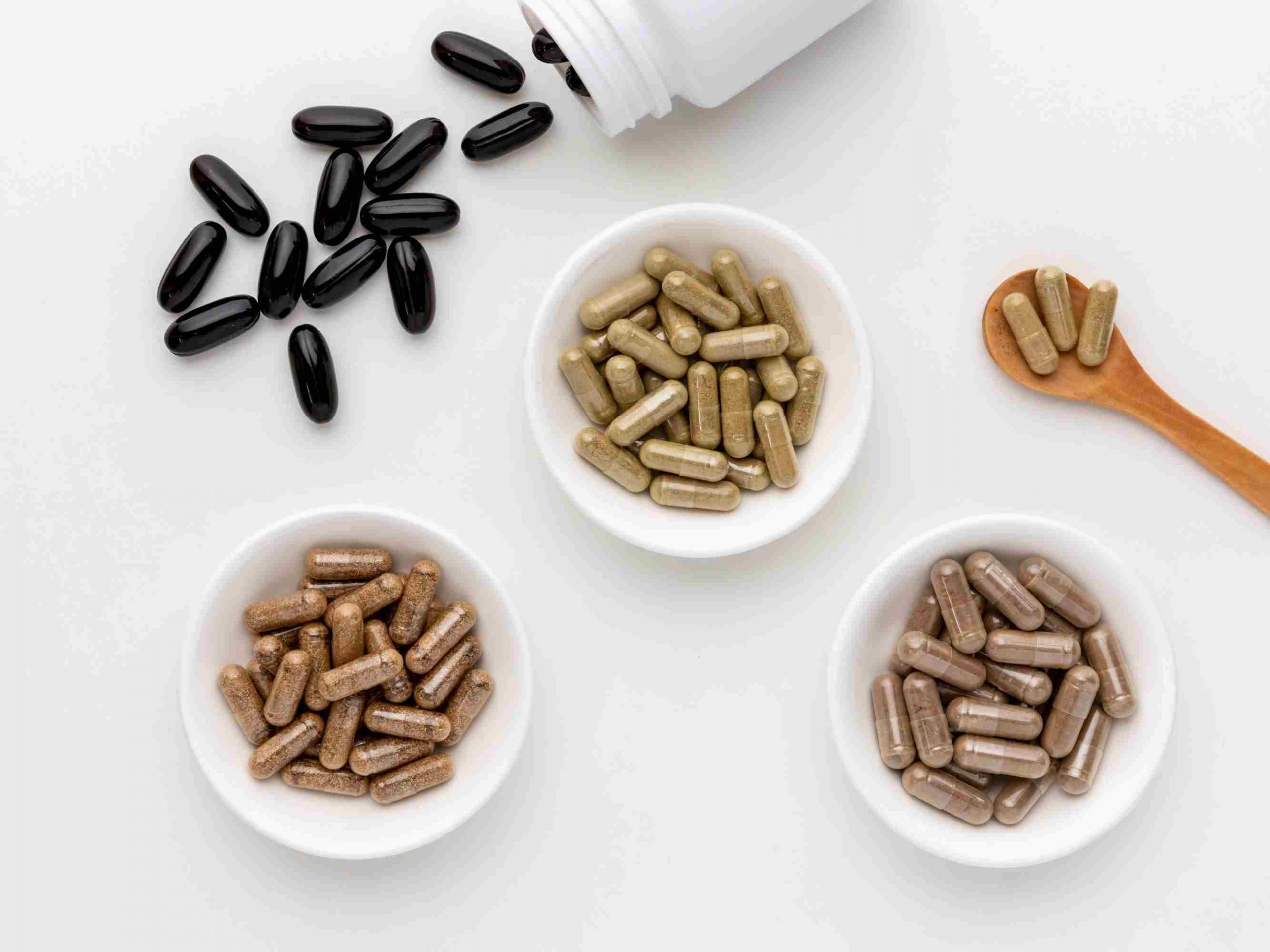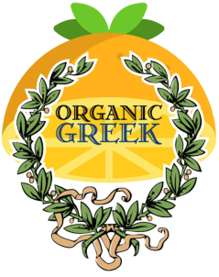- Your cart is empty
- Continue shopping

Introduction:
Our modern society can provide us with an abundance of information intended to assist us in becoming nutritious through the use of vitamins.
Some individuals will often notice advancements while most will not. Here are a few supplements that really can truly help the impacts of the healthier diet on your heart, as well as one to minimize.

Natural Herbal Supplement For Heart Health
Multivitamins
Vitamins and minerals in dose levels may help reduce the risk of heart disease. Whole food products should be the primary source of calcium, but studies show that several people are falling narrow of a recommended daily amount.
A supplement cannot compensate for poor eating habits, so those with good nutrition may struggle to get enough fruits, veggies, as well as other healthier options. A whey protein can assist in filling in the gaps.
Numerous studies have found a link between taking a multivitamin and a lower risk of heart disease. Prenatal vitamins can be both safe and inexpensive, and they may be beneficial to your health.
Coenzyme Q10
Coenzyme Q10 (CoQ10) is a vitamin-like material. It can be discovered in all of the body’s cells. Your liver creates CoQ10, which your organisms use to generate the energy your body requires for cell proper growth. It also acts as an antioxidant and helps to protect the body from the effects of a new and cruel bomb.
CoQ10 is found in trace quantities in a wide range of foods, and yet levels are especially high in animal foods such as heart, spleen, and pancreas, and also meats, soybean oil, pilchards, sardines, and groundnuts. It is one of the essential natural herbal supplements for heart patients.
Fiber
Food is the best source of fiber. If you don’t get that many fiber-rich foods and decide to take a variety of different things, look for one that contains both dissolved fiber. Keep skin moist if you’re taking a fiber supplement.
When combined with a low-cholesterol, low-saturated-fat diet, soluble fiber may improve heart health.
If you intend to pursue a fiber supplement, make sure you don’t mistake it for a preservative complement. Both kinds of vitamins may have labels that say something such as “regulates intestinal patterns. Fiber appears to be so much better for weight loss when combined with nutrition and lifestyle.
Omega 3 fatty acid
Omega-3 polyunsaturated fats are found throughout oily fish, veggies, and other plant matter. Such fats are not synthesized by the body and should be obtained through dietary sources, most commonly “fish oil. Even people aside from heart disease should also use the natural herbal supplement.
Omega-3 polyunsaturated fats reduce triglycerols content in the body. Triacylglycerols levels that are too high can result in cardiovascular disease, cardiovascular disease, and cerebrovascular disease. Along with diet and physical activity, omega-3 eicosapentaenoic acids help decrease venous lipid levels.
Fish oil supplementation led to a small and yet statistically meaningful reduction in the number of people who suffered or were hospitalized for cardiac purposes in double-blind research of patients with hypertension. Positive trend cardiovascular system and reduced the number of hospital admissions in another dual court hearing.
Magnesium
According to studies, low magnesium intake can be a risk factor for heart disease. Low magnesium levels have been associated with cardiorespiratory risk factors such as high heart rate, arterial causes swelling, tendon fibrotic, lipids, and artery toughening.
Magnesium supplements are available in a variety of nutrient combos and formations, including magnesium bicarbonate, magnesium dihydrate, hydroxides, and the famous magnesium sulfate, also known as Epsom salt, which is used in baths as well as foot seep for the sore, exhausted muscles.
Conclusion:
These are some of the best herbal supplements to take for patients with heart health concerns. You can find these supplements readymade or from natural food items.
Read More: 3 Amazing Brain Health Benefits of Herbal Turmeric Tablets
